Study Medicine Abroad in Georgia
Universities in Georgia are state-approved, and their degrees open doors in the USA, Canada, Europe, and many other countries. What really draws students in, though, is the tuition fee. Most medical programmes fall between €3,500 and €7,500 per year. That’s a fraction of what you’d pay in the UK or US. For students chasing the dream of medicine but worried about cost, this is where things start to feel possible.

About Georgia and Its Development in Medicine
Georgia is one of those places that surprises people. On the map, it sits right between Europe and Asia, tucked away in the Caucasus region. But when it comes to medicine, its history runs much deeper than many expect.
There are more than 500 preserved manuscripts in Georgia linked to medicine. These texts show traces of old systems, Sumerian practices, Indian and Arabic knowledge, Chinese traditions, blended with Graeco-Roman influences. Studying medicine in Georgia was never isolated; it was always a mixture of ideas from East and West.
In the 10th to 13th centuries, Georgia had its so-called golden period. The kingdom succeeded and one of the processes of success was the expansion of hospitals and medical schools. Georgian healers did not just practice but also made writings, educated, and disseminated the information. Some became so respected that the Orthodox Church later canonised them. Their influence reached beyond Georgia itself, into what is now Turkey. A good example is Khojakopili’s Tsigni Saakimoi, a medical text written in the 13th century that captured much of the knowledge of the time.
Things shifted after the Russian conquest. Medicine in Georgia leaned more heavily towards the European model. Many young Georgians trained abroad, especially in Russia and Western Europe, and came back with new methods. The Caucasian Medical Society, founded in Tbilisi, marked a big step forward. It even drew global attention, with figures like Pasteur and Virchow joining as honorary members.
Moving to the present, Georgia has been able to put together all of this, its history, the European way, and modern innovations. These English-language courses offered by various universities, such as Tbilisi State Medical University, are set to achieve European and American standards. They study in modern labs and hospitals; however, they also study in places that have centuries of medical tradition. It is that fusion of age-old and modern that makes people say that Georgia is a special place to study medicine in Georgia.
Perks of Choosing Georgia for Studying Medicine
- Globally recognized medical degrees (WHO, MCI approved)
- Affordable tuition fees and living costs
- English-taught medical programs
- Strong emphasis on practical clinical training
- Modern facilities and infrastructure
- Multicultural environment with international students
- Strong global career opportunities
- European and Asian cultural exposure
- No entrance exams for admission
- Safe and student-friendly living conditions

Why Study Medicine In Geogia?
The European University
4950 EUR / year

The European University in Tbilisi was established in 2011. This university offers a general medicine program with courses in general medicine, dentistry, and pharmacy with more emphasis on practical experience. The degree that the students gain after finishing the MBBS from the European University is recognized worldwide and thus the students can work anywhere in the world after completing their education.
Tbilisi State Medical University (TSMU)
7500 EUR / year
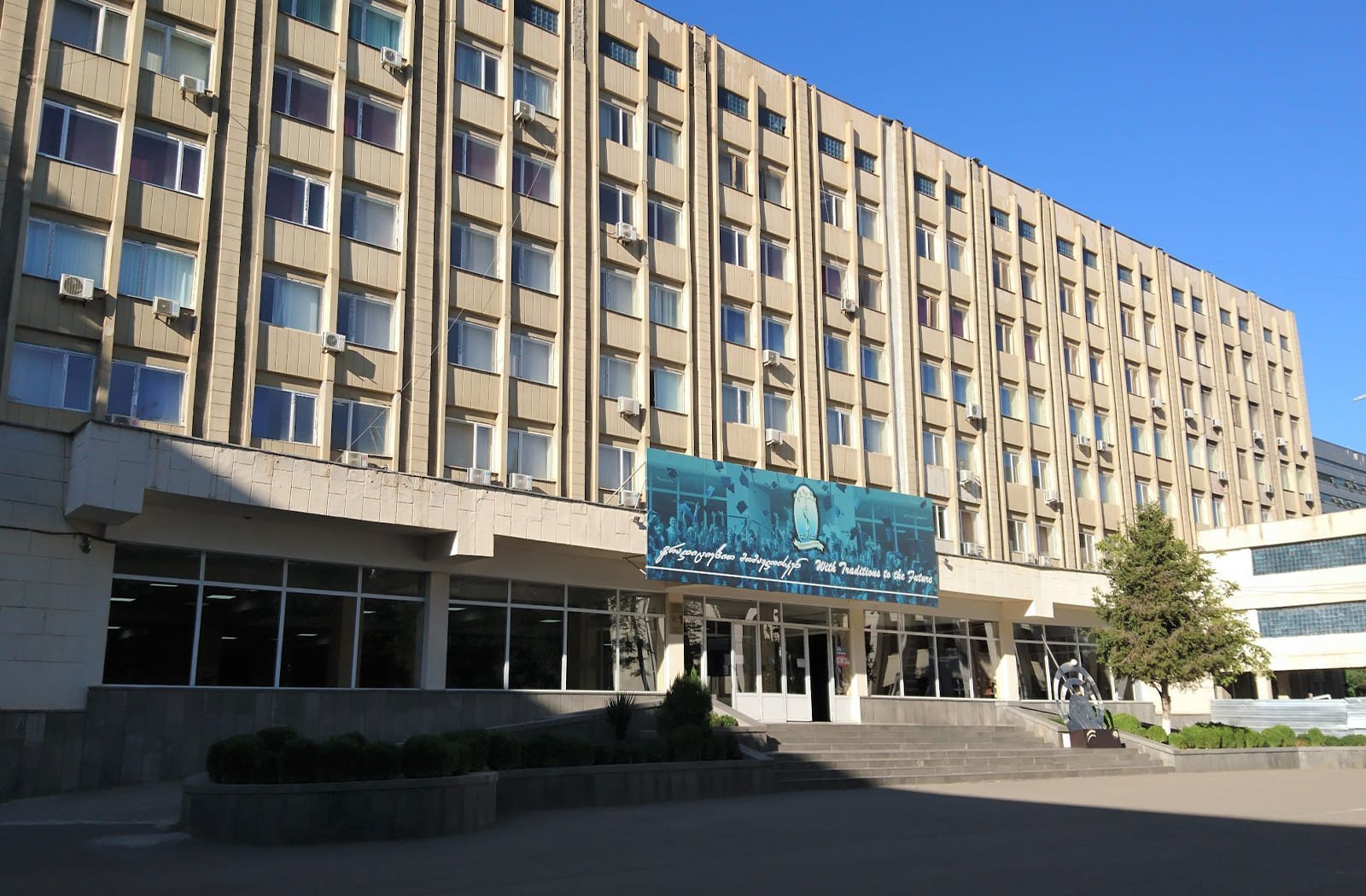
Tbilisi State Medical University is one of the oldest, most renowned higher educational institutions in Georgia, founded in 1918. The programs that are offered at the medical school include general medicine, dentistry, pharmacy, and public health. It is well-known for its intensive clinical training for students in various medical settings.
Petre Shotadze Tbilisi Medical Academy (TMA)
6311 EUR / year

Founded in 1992, Petre Shotadze Tbilisi Medical Academy offers specialist programs in medicine with general medical studies and clinical research as its focus. With its small class sizes and emphasis on practical experience in affiliated hospitals, the university offers students a unique opportunity to gain significant patient care experience early in their medical education.
Caucasus International University
5400 EUR / year
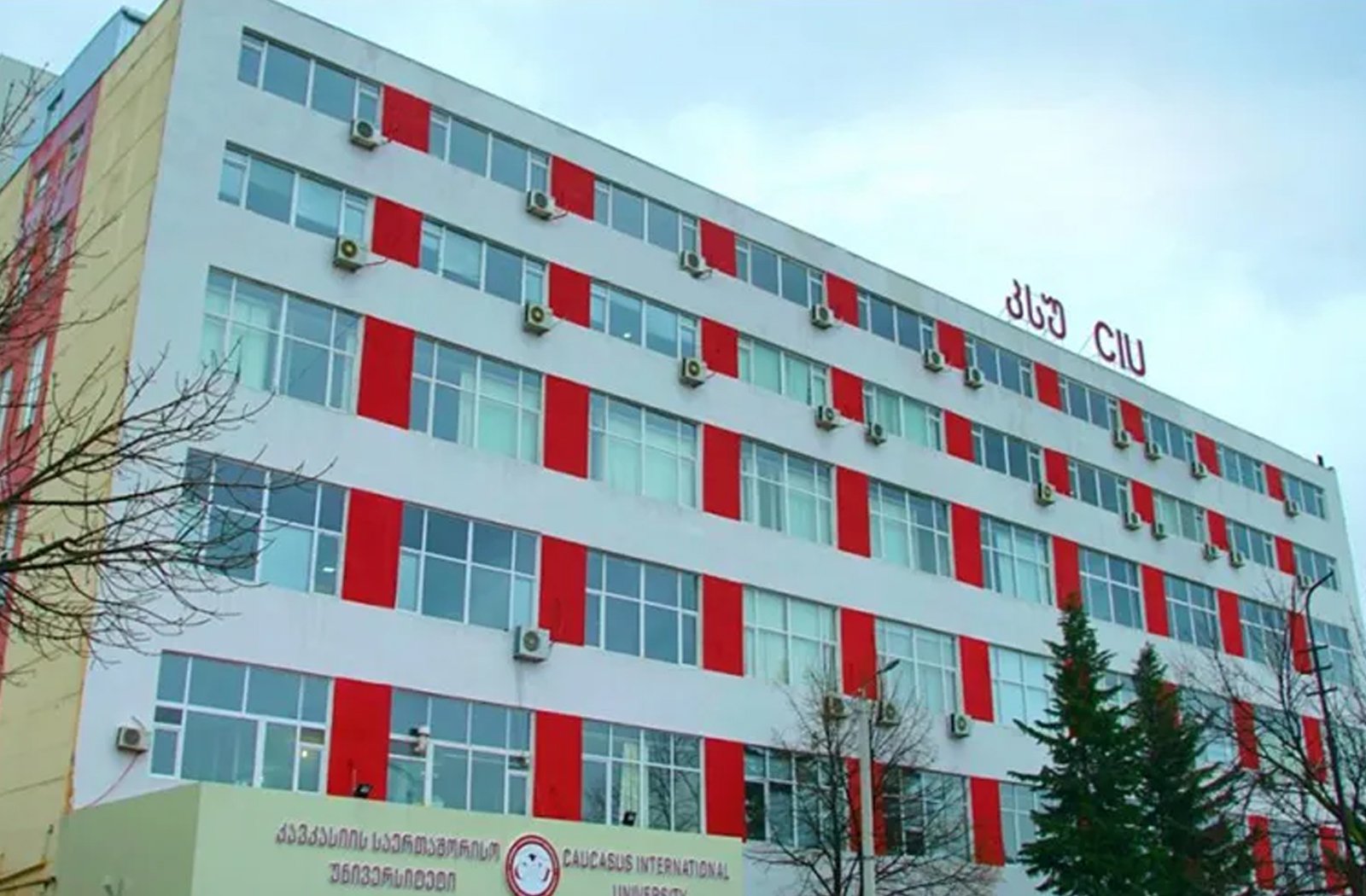
Founded in 1995, Caucasus International University has a School of Medicine that teaches contemporary medical education through General Medicine, Dentistry, and Pharmacy programs. The university considers its part in educating students with new teaching technologies as well as international exchange potentials as preparing for worldwide healthcare careers.
University of Georgia (UoG)
5600 EUR / year
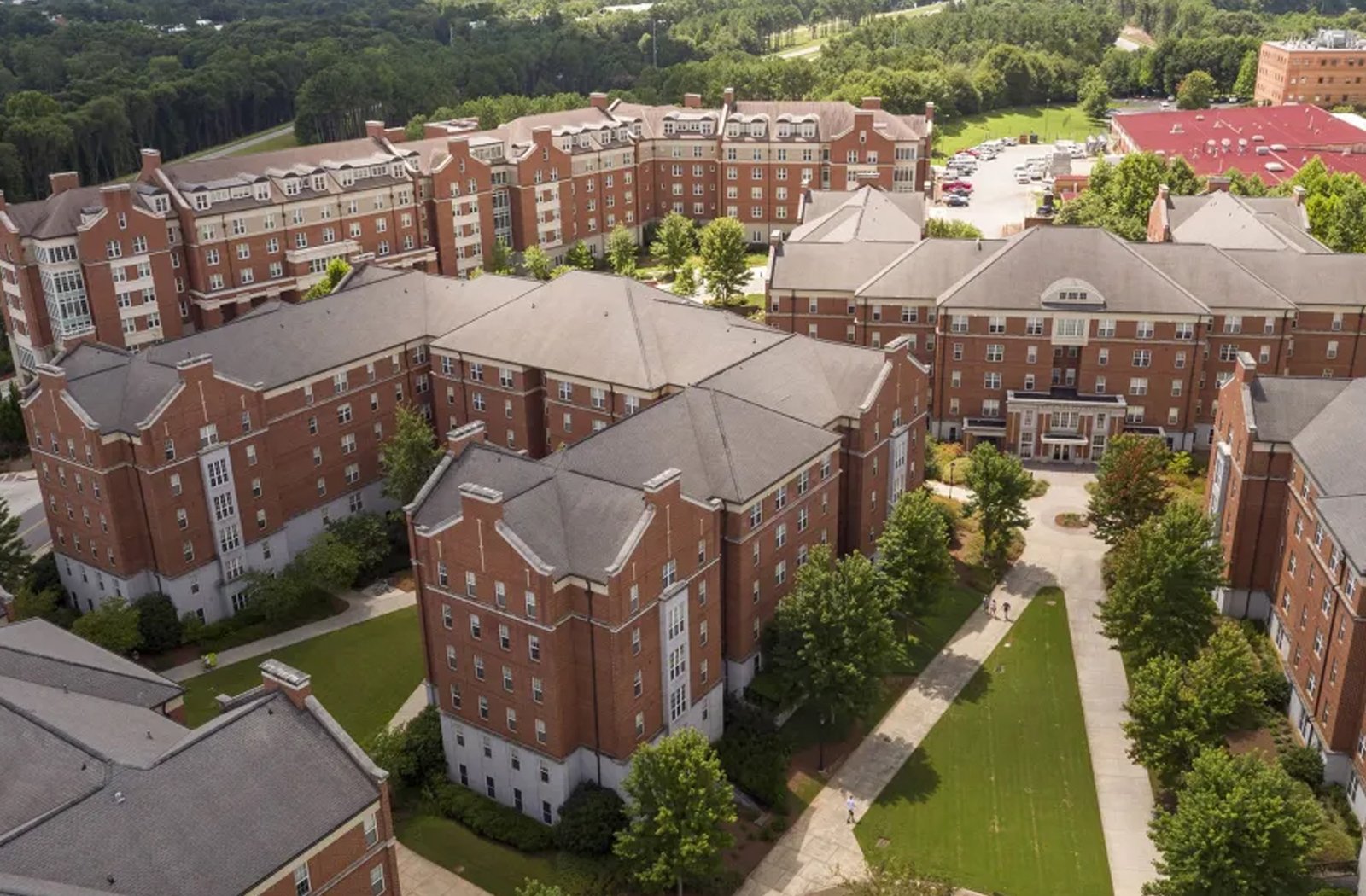
The University of Georgia was established in 2004. The university offers a variety of medicine fields to students, which include general medicine, pharmacy, and nursing. It is one of the most advanced universities with regard to well-equipped laboratories and simulation centres that are used as an aid for the practical skills of students in actual healthcare settings.
Akaki Tsereteli State University
6000 EUR / year
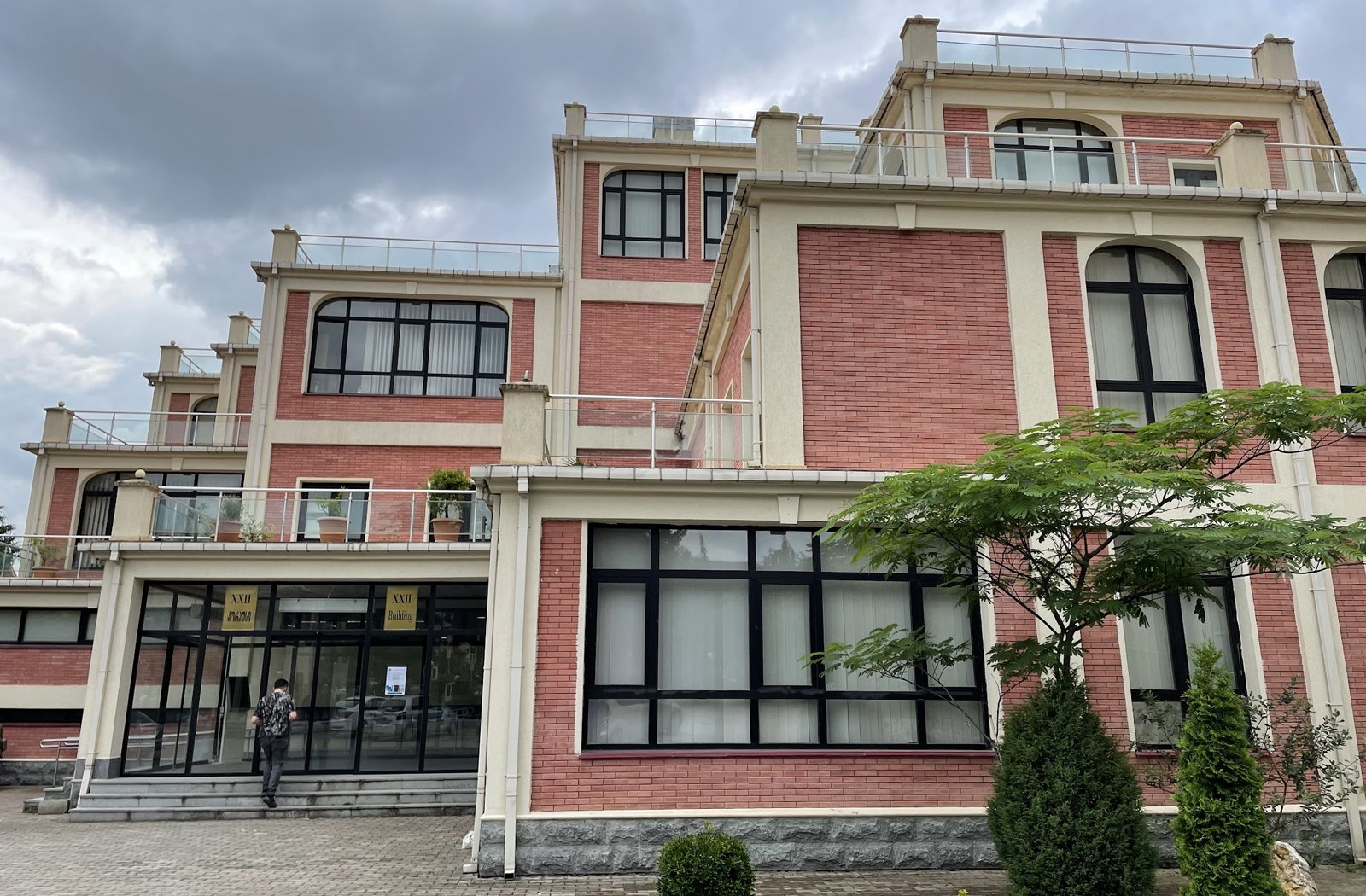
The Akaki Tsereteli State University was founded in 1933. The university is a source of educational programs ranging from General Medicine to various programs in Nursing. Theoretical and clinical practice education is utilized here, and students are provided with different options of centres functioning throughout Georgia.
David Tvildiani Medical University
5000 EUR / year

David Tvildiani Medical University was founded back in 1989 as a general medicine university that provides quality education in the medical field. The curriculum of this university basically conforms to US standards, so students graduate with the knowledge required for passing USMLE and other international medical exams. Graduates of this university are known all over the world for their clinical abilities.
East European University
5000 EUR / year
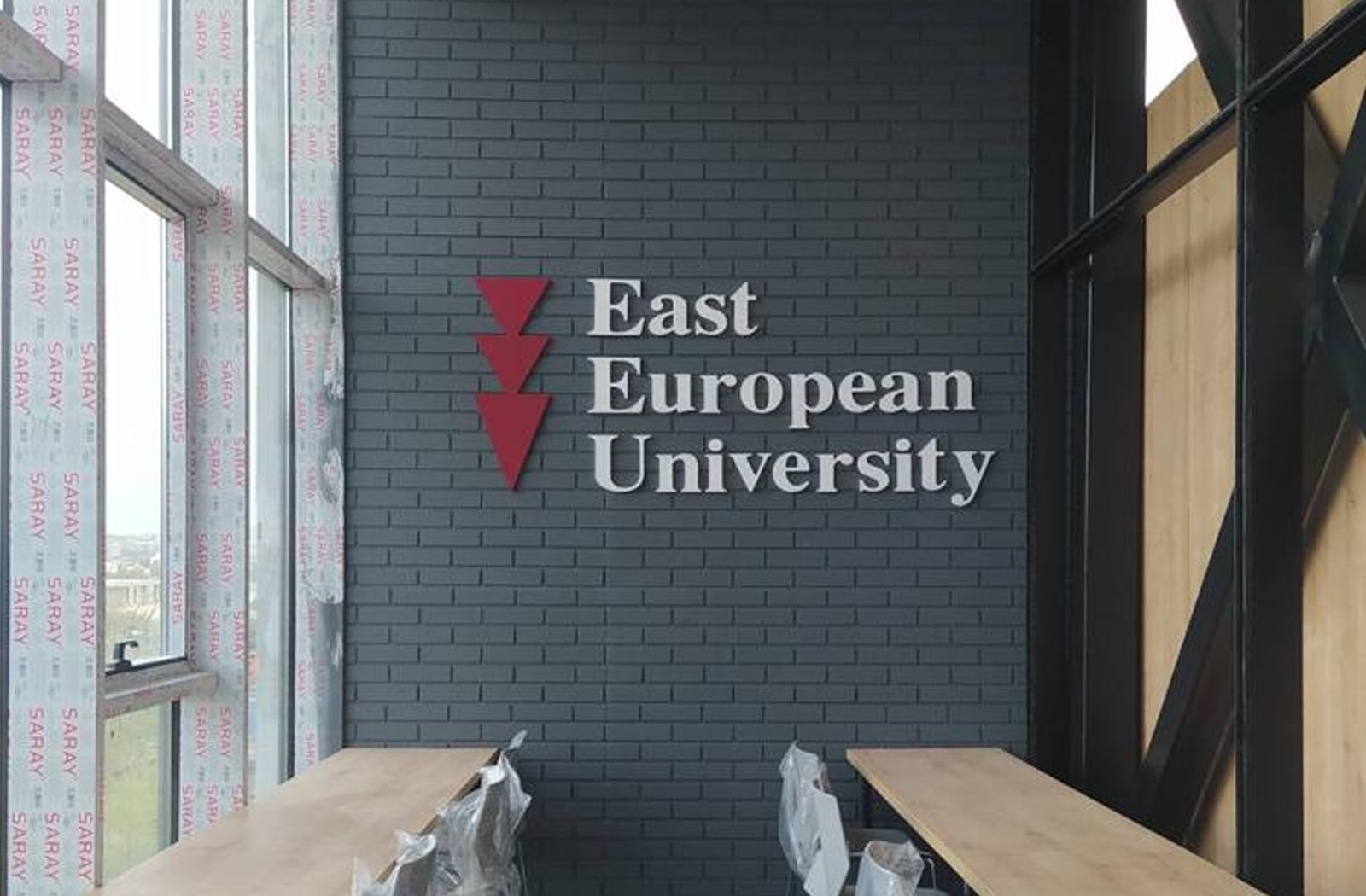
East European University East European University was established in 2012 and provides degrees in General Medicine and Dentistry. The university has the most advanced medical laboratories and simulation centers that would allow students to exercise their skills in a controlled environment before being sent into clinical training.
Georgian American University
4200 EUR / year
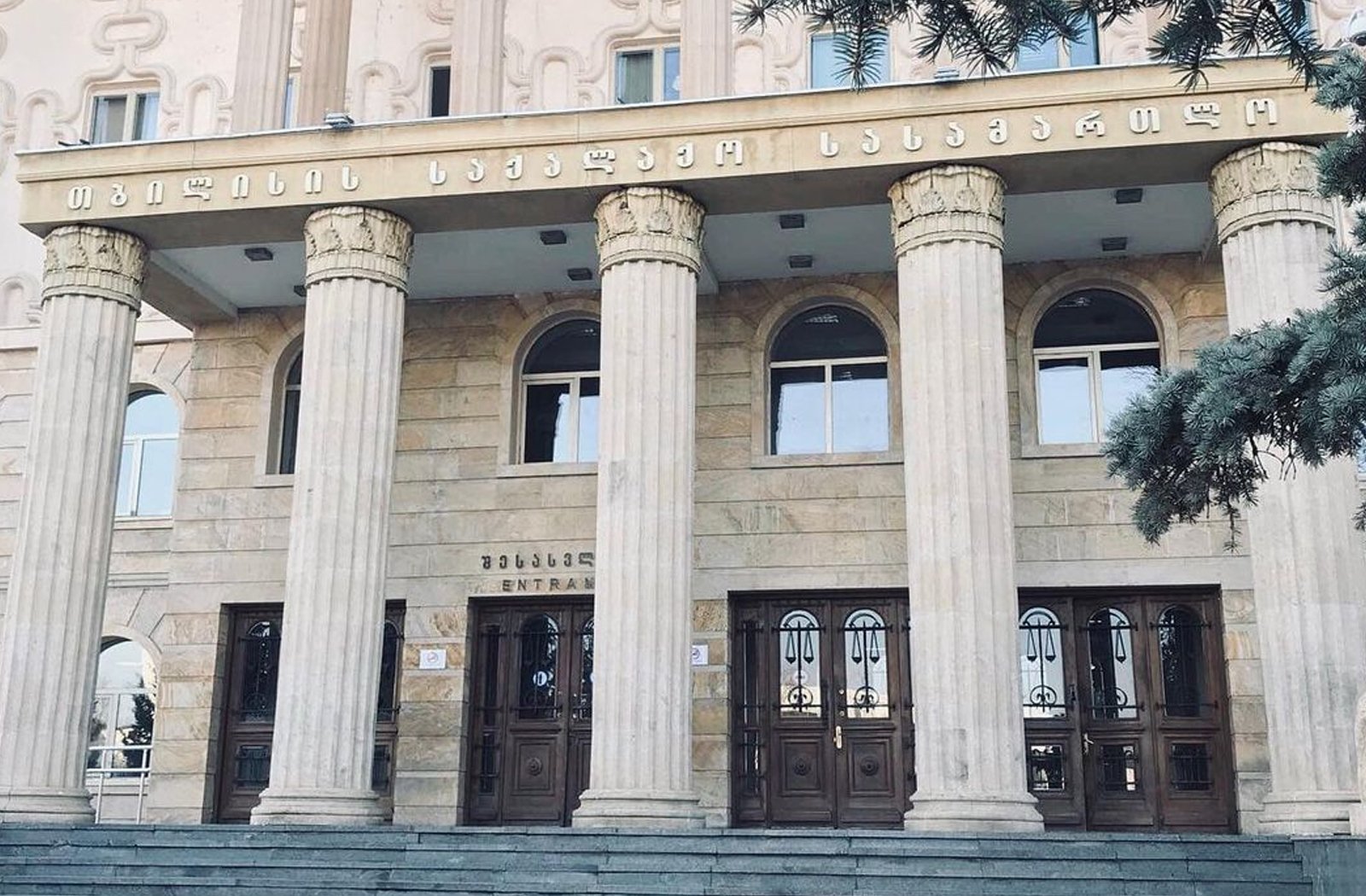
Established in 2001, Georgian American University offers educational programs in General Medicine and Dentistry, mainly uniting Georgian and American practices of education. The staff of the faculty of medicine focuses on both theoretical knowledge and practical training in modern clinical settings.
Georgian National University (SEU)
5050 EUR / year
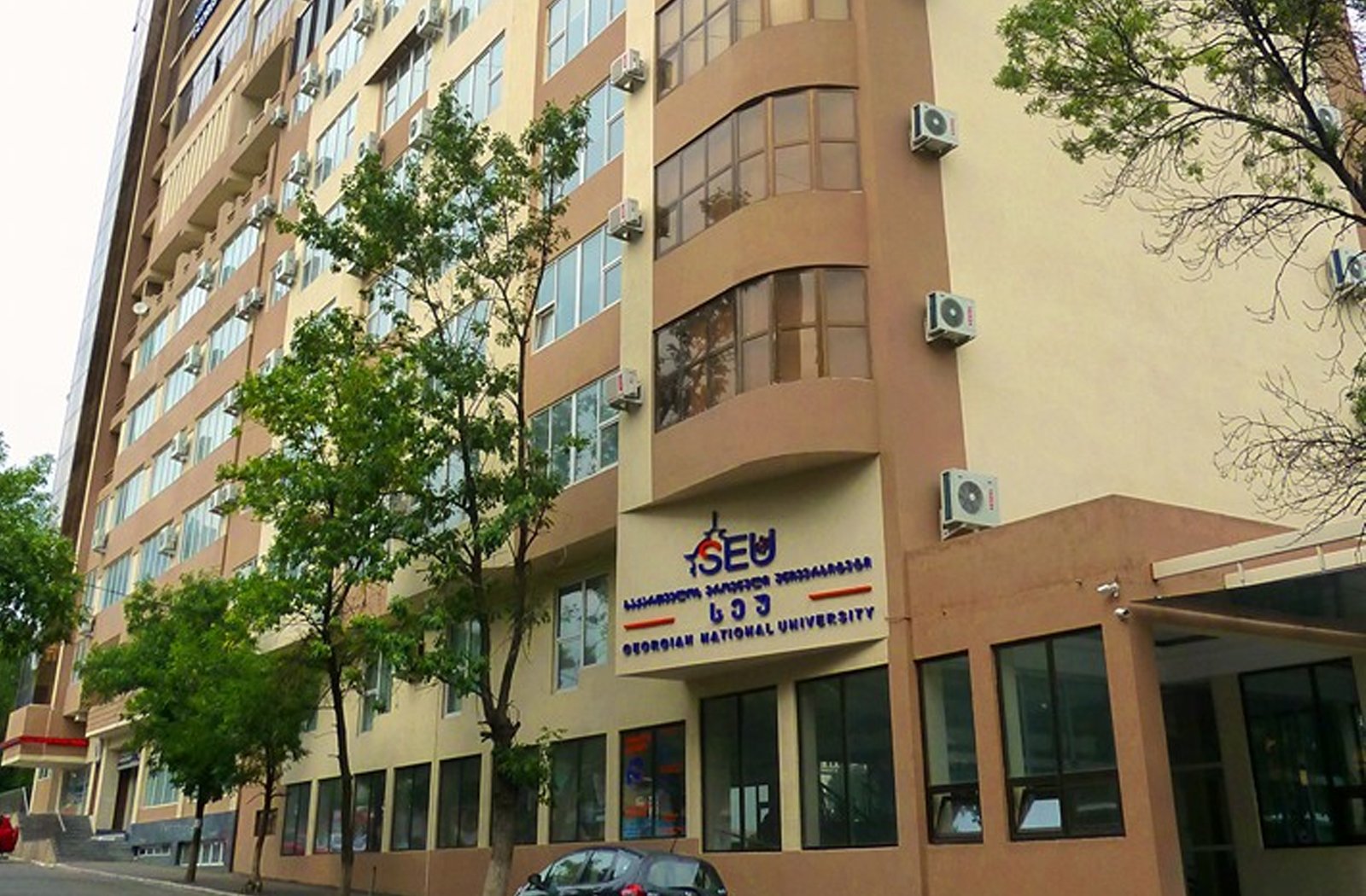
Medical faculties are offered by Georgian National University SEU. Founded in 2001, Georgian National University SEU carries out programs in General Medicine and Dentistry. Studying in this institute will open doors to high medical laboratories and their partnership with leading hospitals of Georgia will help students to obtain clinical practice.
Ilia State University
5150 EUR / year
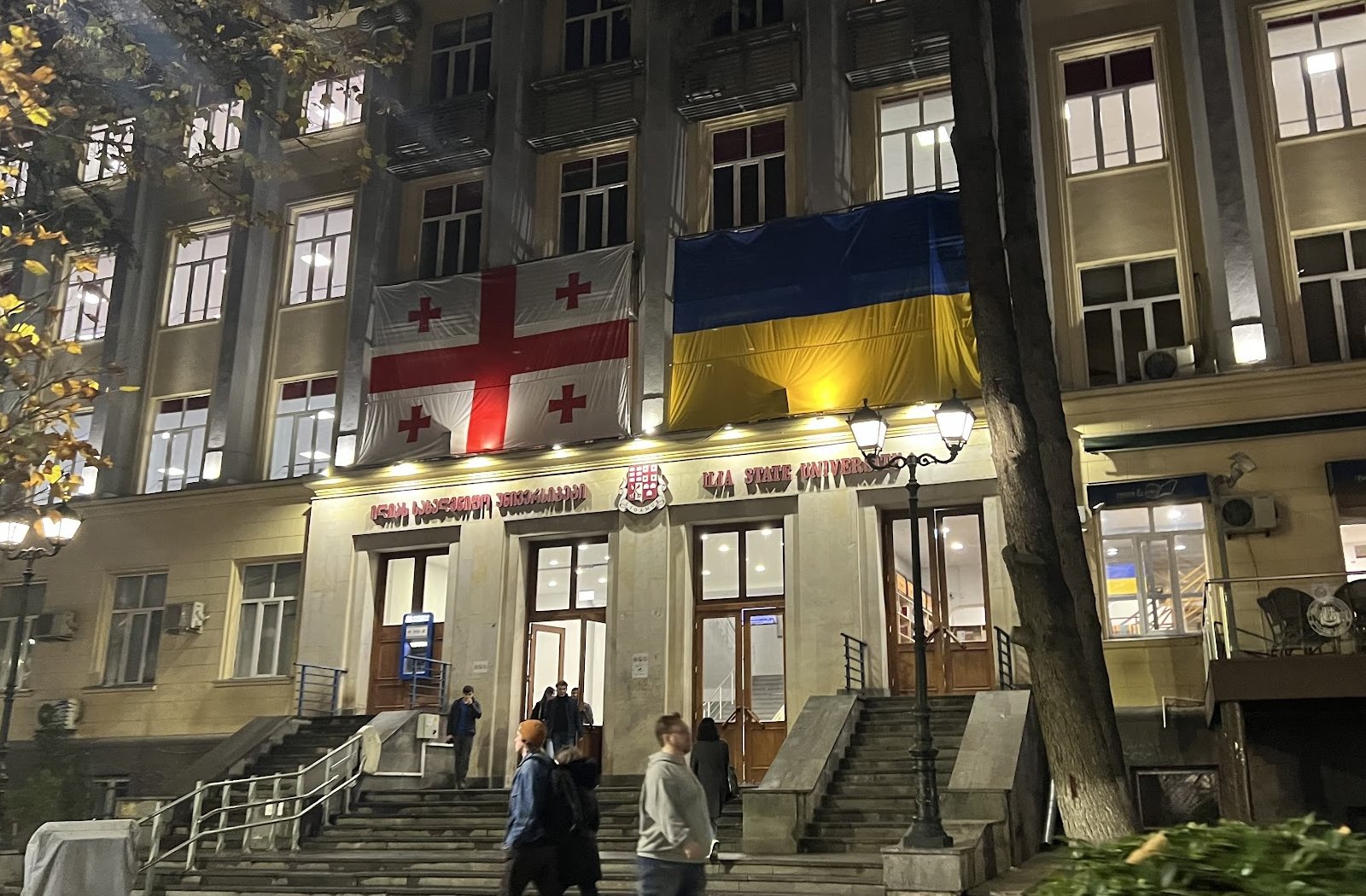
Ilia State University was founded in 2006. Today, it offers medical programs in General Medicine and Public Health. The university highly emphasizes research and innovation, enabling students to participate in in-depth medical research projects alongside the courses.
Kutaisi University
3800 EUR / year
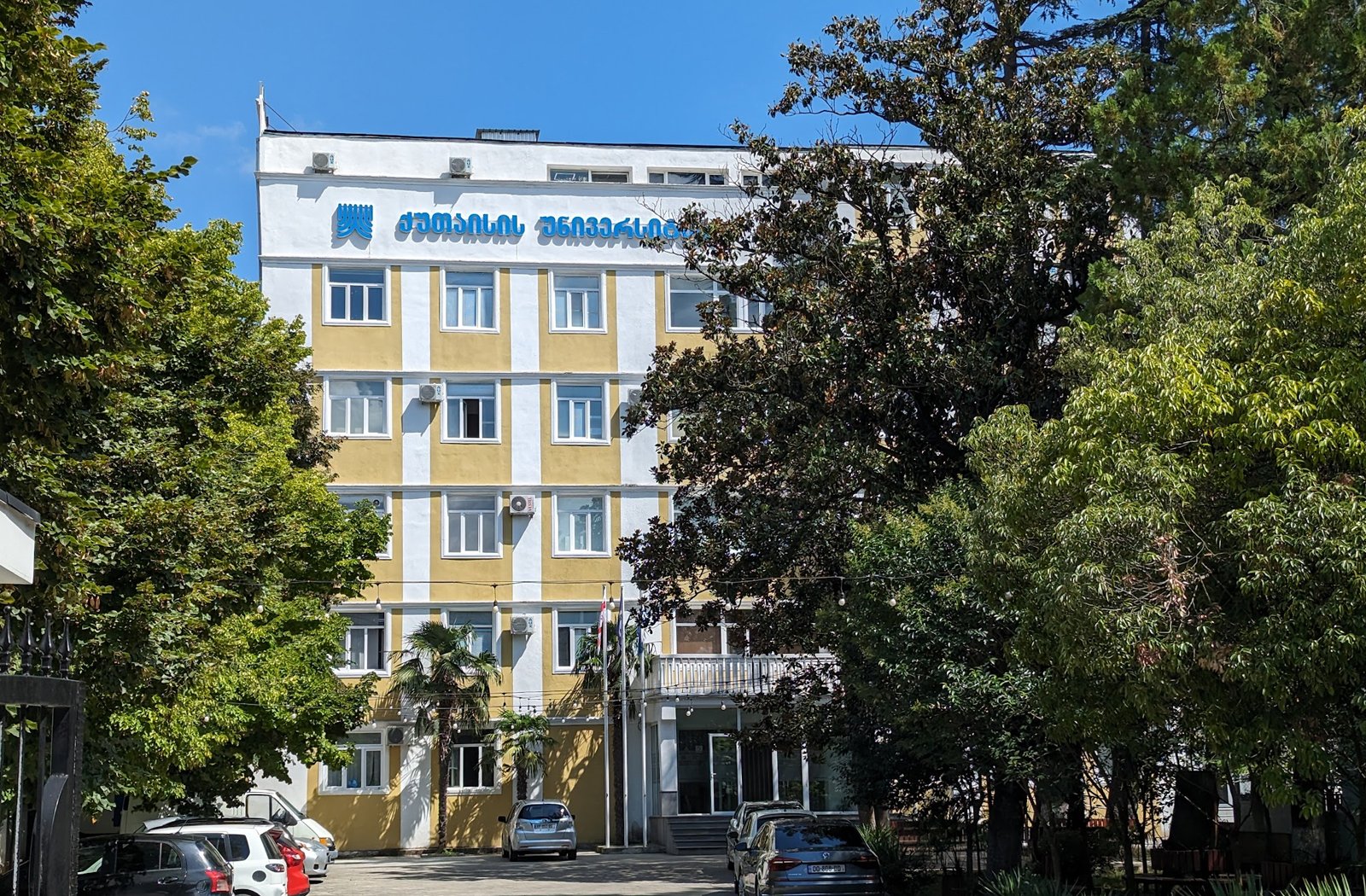
Kutaisi University, founded in 1991, has majors in General Medicine and Nursing. The university caters to students with a sound theoretical and practical approach to medicine and conducts internships in regional hospitals as a necessary step in their preparation for the field of healthcare.
Quick Facts
Location
Georgia
Tuition
€3500 to €7000
Entrance Exam
Not required in most universities
Living Costs
€ 200-1000
Living Costs in Georgia As an International Student
Life in Georgia is one of the things international students talk about the most. It’s not only affordable, it’s comfortable. Compared to much of Europe, expenses are low, yet students still enjoy a decent standard of living.
On average, monthly costs range from €280 to €560 depending on lifestyle. Rent is usually the biggest part of the budget. A one-bedroom apartment costs between €140 and €375, but many students share flats or live in dorms to cut that down.
Food is friendly on the pocket too. Eating out doesn’t feel like a luxury; it’s normal. Local restaurants charge around €3 to €6 for a meal, and groceries are cheap if you stick to local products. A student’s monthly food budget usually falls somewhere between €90 and €190.
Transportation is very easy. Transport in the town is secure and low-cost. Buses and metro are around 10-14 euros a month, and that is nothing in comparison with other European capitals. Taxi payments are also expensive, and short taxi rides, so the students can easily explore without giving a second thought to their expenses.
Put it all together, and Georgia is manageable. You can also study and not worry about lack of money every time. Meanwhile, you are able to experience the cultural blend, its cordial welcome in the country, and the chilled-out, student-friendly attitude.
Curriculum and Five-Year Program Structure
The medical course in Georgia usually runs for five years. It’s designed in a way that students don’t just leave with book knowledge but also with real experience treating patients.
Years 1–2: The first phase is all about building a base. Students cover Anatomy, Physiology, Biochemistry, Microbiology, subjects that form the foundation of medicine. It’s heavy on theory but balanced with lab sessions, so knowledge doesn’t stay abstract.
Year 3: Things shift towards clinical learning. Students study Pathology, Pharmacology, and start clinical skills training. This is when they begin applying what they’ve learned with patients, always under supervision.
Years 4–5: The final two years are spent in hospitals doing rotations. Students move through departments like Internal Medicine, Surgery, Paediatrics, and Obstetrics/Gynaecology. They deal with real cases, learning directly from doctors in practice.
On top of that, students join seminars, workshops, and research projects throughout the programme. By the time they finish, they’ve had both classroom depth and hospital experience. Graduates are not only ready for further exams or specialisations but also for stepping into real healthcare settings.